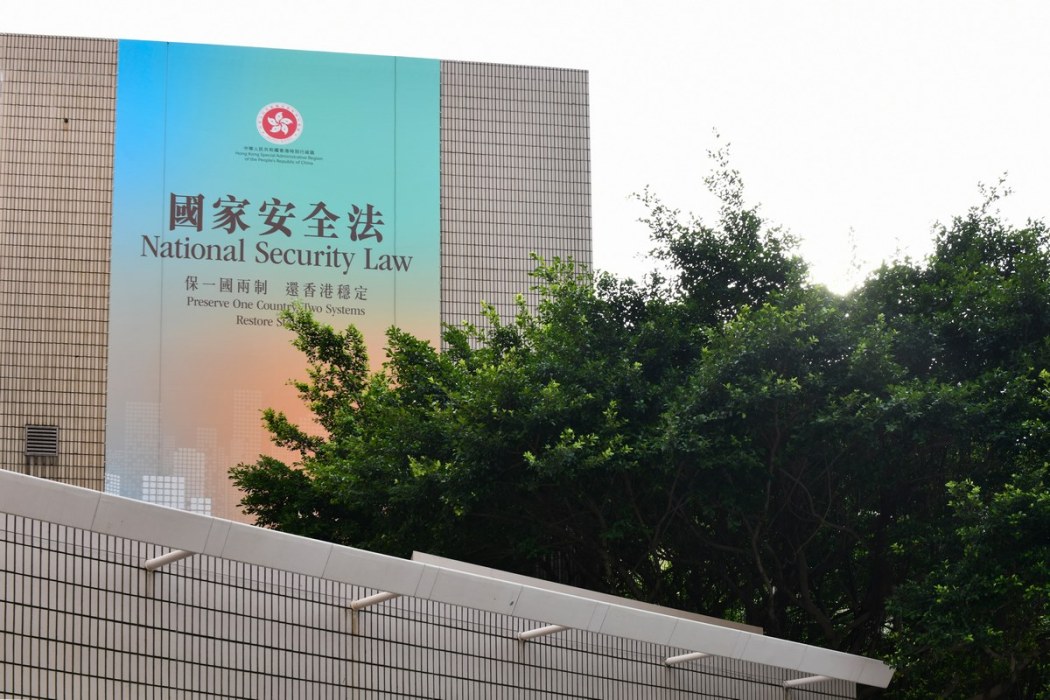A law requiring buyers of pre-paid SIM cards to give their real names is one of Hong Kong’s new measures to safeguard national security, a top Chinese official says. Local officials had previously declined to confirm that the rules were designed to target security offences.
Deputy Director of the Hong Kong and Macao Affairs Office Deng Zhonghua cited the registration scheme as one of a series of policies to protect China’s national security, in a speech to mark one year since the national security law came into force in the city.

“In the one year since the national security law’s implementation, the Hong Kong government has carried out its responsibilities under the law,” the deputy director said on Monday.
Other policies included a new requirement for civil servants to take an oath of allegiance, a new education curriculum and revised directives for film censorship, Deng said.
In his speech, Deng said the legislation had restored order to Hong Kong. He cited Article 62 which requires all government departments to support the national security bureau in implementing the law.

He added that the central government had a “basic responsibility” to protect the city’s national security.
Deng was speaking at a National Security Law Legal Forum organised by the Department of Justice, which featured speeches from local and central officials as well as legal commentators.
Real-name registration
The government announced the details of its real-name registration scheme in early June. All Hong Kong SIM card users will be required to register their real names, date of birth and ID numbers from March onwards.
Hong Kong officials had sidestepped questions on whether the new policy would assist police probes into potential violations of the national security law.

Secretary for Commerce and Economic Development Edward Yau has instead said the new regulations were necessary to “plug loopholes” and prevent commercial crime.
Police will be allowed to search the SIM card database without a warrant in “urgent and exceptional circumstances.”
The registration scheme has sparked privacy concerns, according to a survey by democrats, while a journalist group says it may deter sources from speaking to reporters.
International rights groups say authorities have used the Beijing-imposed security law to quash political dissent and seriously undermine Hong Kong’s human rights in the year since it came into force.
Support HKFP | Policies & Ethics | Error/typo? | Contact Us | Newsletter | Transparency & Annual Report | Apps
Help safeguard press freedom & keep HKFP free for all readers by supporting our team
























